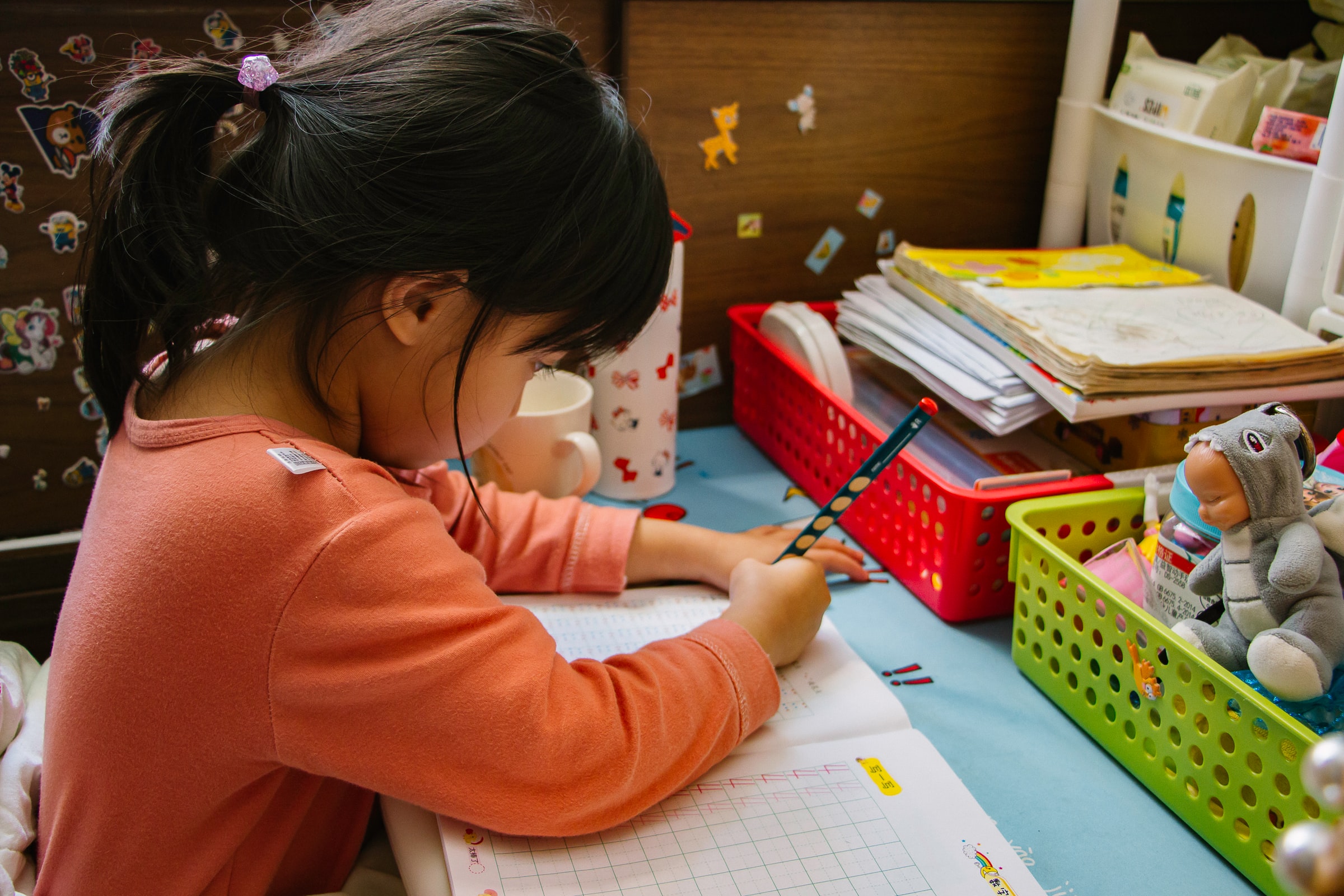Do you need parental controls on your electronic devices? What are the options? Do they really work? There are a lot of questions you may be asking yourself because, to be honest, a fair number of us didn’t grow up with these things. Many of us played hide and seek until dawn, and didn’t spend all our time glued to smartphones, flatscreen TVs and computers. Nonetheless, kids today are very tech-savvy, and parents need to be up to date. Phones help us stay in touch and allow parents to monitor their children when they are not at home.
However, parents should be aware that these devices are not all benefits. Most parents realize that limiting their children’s Internet access could affect their ability to learn and develop. But free access could also mean exposing children to online dangers and content they may not be able to handle.

Just as the Internet evolves to make it easier for us to use and understand, various software is also being developed to make parental control a breeze. Just as we teach our kids to lock doors and turn on the alarm when we’re not home, they should know how to protect themselves while surfing the web.
Here’s why you should choose online parental controls:
1. You can control search engines.
With search engines, you can find anything these days. The problem with that? Access to unlimited content may be inappropriate for some kids, depending on their age and developmental stage. Parental control programs like Google SafeSearch allow you to have limited or no access to explicit videos, images, and websites when searching.
Some parental control software needs you to have the latest operating system and log in with a customized user profile. Let your kids know if you use these filters and talk to them about inappropriate and age-appropriate content. Let them know that they can contact you or a trusted adult if they need to.
2. You can limit screen time
Screens can be addictive, and it can tempt an adult to spend hours glued to a device while detached from their surroundings. As it is difficult for an adult, it can be doubly so for a child. They may have a harder time disengaging from their favorite show or game.
Excessive screen time for children can lead to poor posture, poor eyesight, lack of sleep, and lack of exercise. Parents can try to establish a healthy lifestyle by limiting screen time for their children and themselves.
Parental controls can help set limits by determining what types of media children can use and for how long. Set a media-free time and initiate activities such as a walk, a car ride, or a game.
3. Allow you to control the e-reputation

Kids post a lot on the Internet with social media posts and pictures of weekends and vacations. Many of these innocent posts go unnoticed. But a Google search is often enough to quickly assess a person based on their online posts.
Many colleges and businesses search public social media sites to find information about potential applicants or online. There are organizations that decide whether to accept or hire an individual based on the information found there.
Consider how you can monitor social media by reviewing the security and privacy settings of your child’s individual accounts. Most sites allow you to control who can see your posts, and if not, you usually have the option to make an account private.
Prevention is better than cure, so you should take the lead and explain the online sphere to your kids. Tell them about the dangers lurking in the corners of the web and give them proof with real-life cases because kids and teens normally do as they please; real-life events will most likely convince them. Let us know in the comments if you are thinking about downloading parental control software for your kids.






